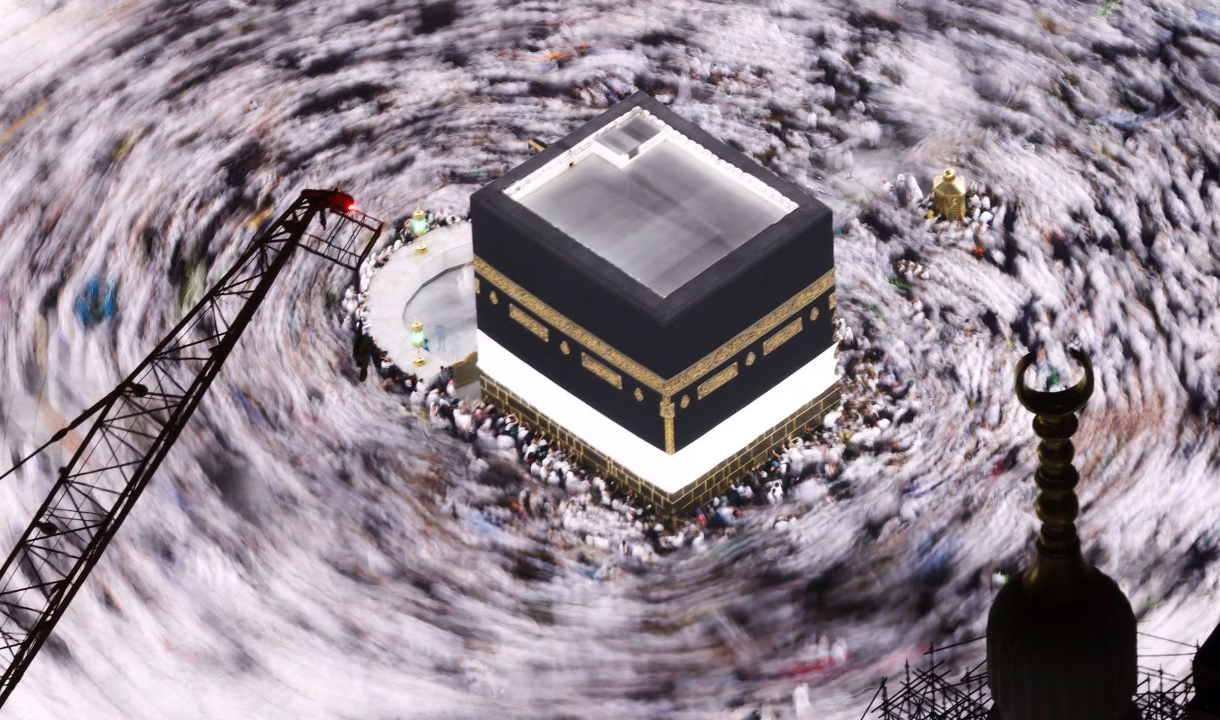Tunisia Roundup: Earthquakes, Hajj pilgrimage, digital innovation, bilateral ties

Digital innovation
Tunisia’s Foreign Ministry is working on a digital platform to communicate with Tunisians abroad. According to Foreign Minister Nabil Ammar, the platform forms part of a new vision for the modernization of consular services. The platform is aimed at strengthening cultural ties between Tunisia and Tunisians in the diaspora, to promote Tunisian skills towards investment in the country, local news outlet Le Temps reports. During a working session at the ministry’s headquarters on February 7, the Minister emphasized the importance of Tunisian skills abroad to the development of the nation on a regional and international front.
Hajj Pilgrimage
Tunisian authorities are working to reduce the cost of the pilgrimage to Mecca. According to La Presse, the Religious Affairs Minister Brahim Chaïbi said on February 7 that the move is ahead of a set cost for this year’s Hajj. The cost of pilgrimage according to him includes a plane ticket and services provided by the Company of National Services and Residences “Montazah Gammarth” such as accommodation and transportation to the holy places. Over two hundred thousand pilgrims have registered for this year’s Hajj. Meanwhile, the quota reserved by Saudi Arabia for Tunisians is Ten thousand, nine hundred and eighty-two according to the minister.
Protests against Biometric IDs
Concerns have been raised over data privacy following Tunisia’s push for biometric IDs, The National News reports. The country’s parliament is discussing a bill to introduce identification documents including passports and citizenship cards with personal data captured electronically but concerns have been raised about the country’s ability to safeguard the privacy of individuals if this is implemented. According to the report, the bill which was introduced by the Interior Ministry after an initial proposal in 2015 has since been opposed by activists and civil society organisations which say the bill fails to provide adequate legal and technical measures to safeguard people’s privacy and personal data.
Earthquakes
The National Institute of Meteorology in Tunisia has explained the frequency of earthquakes in the country in January. According to local news platform Tunisie Numérique, head of the Applied Geophysics Department at the National Institute of Meteorology, Hassan Hamdi explained that seismic activity in the country is classified as weak to moderate while assuring the public that the occurrence of these tremors is normal. The country recorded about six ground quakes with magnitudes of over three on the Richter scale.
Bilateral ties
Tunisia’s Foreign Minister Nabil Ammar has received the South African Ambassador in Tunis as he ends his mandate in the country. The Minister received Siphosezwe Masango on February 8 at the department’s headquarters. He highlighted the strong ties between both countries while reiterating Tunisia’s commitment to further consolidate with them. The South African Ambassador also expressed gratitude to the Tunisian authorities for their support during his work in the country, Le Temps reports.